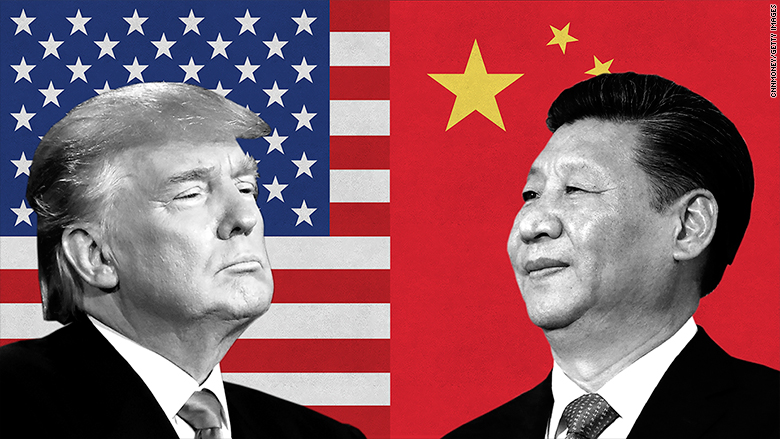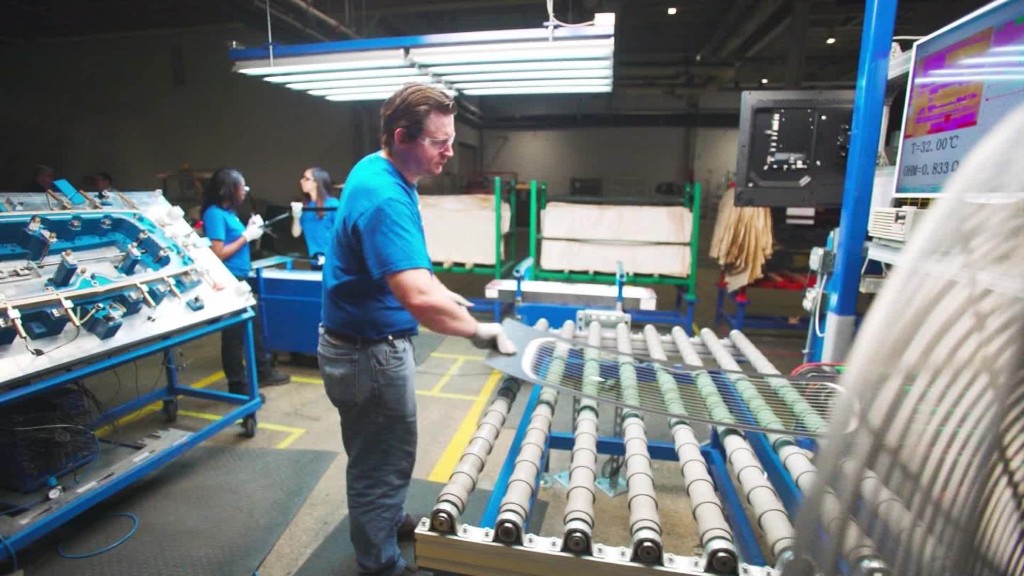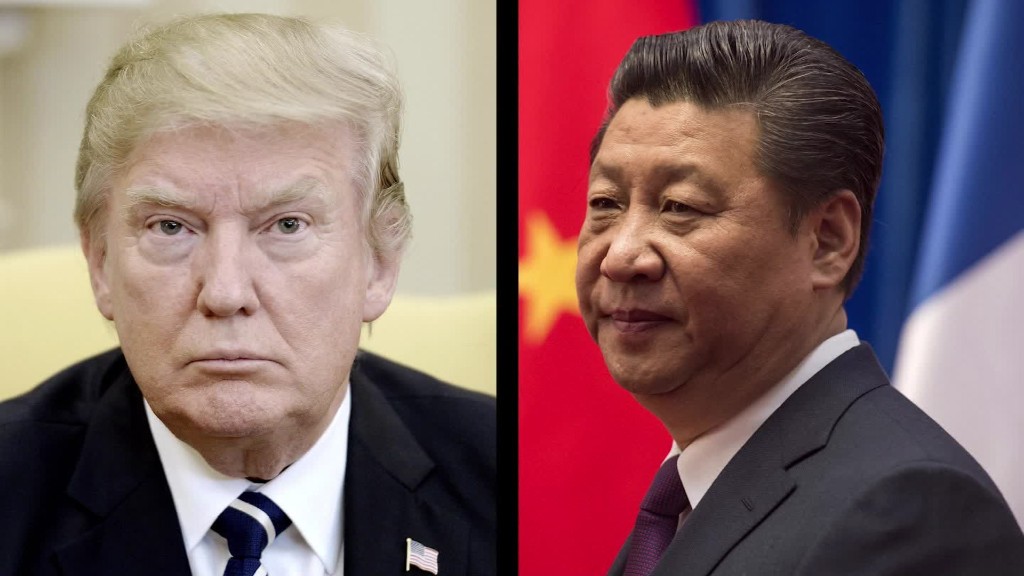Trump's claims about China's currency are getting more bizarre
A month ago, President Trump was calling China "world champions" of currency devaluation. Now, he's telling a very different story.
"Since I started running ... they have not manipulated their currency," Trump said in an interview with Bloomberg on Monday. "I think that was out of respect to me and the campaign."
That's at odds with comments Trump made during his run for the White House, when he frequently accused China of pushing the yuan down to give its exports an unfair advantage at the expense of the U.S.
He pledged that the Treasury Department would officially label China a "currency manipulator" on his first day in the White House.
He failed to follow through on that promise -- to the relief of many observers who said the claim wasn't grounded in facts. But Trump's new version of events -- that China stopped devaluing the yuan (also known as the renminbi) because of his presidential campaign -- is also deeply flawed.
Related: Trump pulls his punches on China and Germany
China has been intervening in currency markets "since and before Trump came to office," said Chi Lo, senior economist for Greater China at BNP Paribas.
"But the intervention has come in the form of propping up the renminbi on the back of capital outflows from China," Lo said. "So the facts are at odds with Trump's argument."

Related: Trump defends about-face on labeling China a currency manipulator
Between mid-2014 and early this year, China spent about $1 trillion supporting the yuan as its economy slowed and huge sums of money poured out of the country. Without Beijing's intervention, economists say the yuan would have fallen much more sharply and likely triggered panic in global markets.
Trump's comments to Bloomberg on Monday echoed similar remarks in other recent interviews, but the time frame he's referring to has grown over time.

Chinese firm brings jobs to the U.S.
He told the Associated Press on April 21 that China stopped manipulating its currency when he took office. Nine days later, he told CBS that it stopped when he was elected.
"I suspect what Trump is alluding to is that the renminbi has recently stabilized against the dollar after falling for almost two years," said Julian Evans-Pritchard, an economist at Capital Economics. "He seems to be suggesting that this is because of pressure he exerted on China, but there is no evidence of any shift in China's exchange rate policy since Trump's election."
Related: Trump's quick wins on China trade won't wipe out the deficit
Trump has also repeatedly said that it wouldn't make sense for him to label China a currency manipulator while he wants its help trying to deal with North Korea's nuclear weapons program.
"You can't be having them help us on something where millions and millions of lives are at stake and then say, 'We're going to name you a currency manipulator,' right?" he said Monday.
News Courtecy: www.cnn.com











